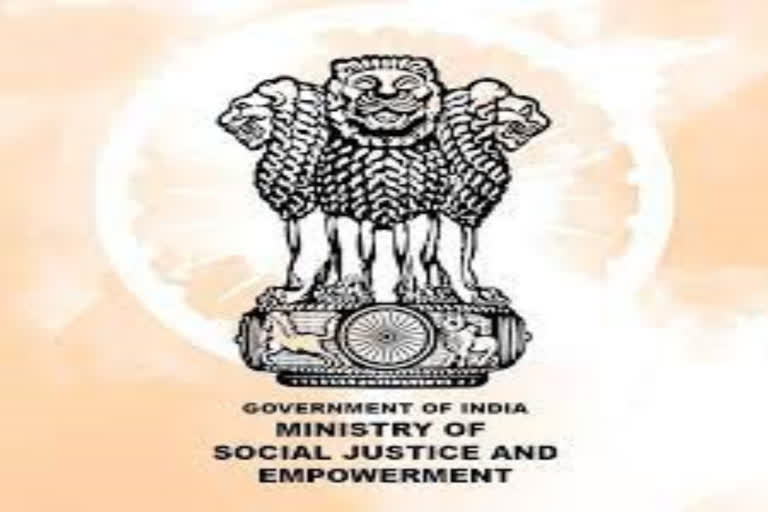New Delhi:From limiting coverage of pre-matric scholarship for OBCs students to setting up a commission to examine the matter of giving Scheduled Caste status to religious converts who were 'historically' SCs, the Social Justice and Empowerment Ministry remained in the spotlight this year. The ministry evoked critical reactions from various quarters over its decision to limit its pre-matric scholarship scheme meant for OBC and minority communities to students of classes 9 and 10.
Earlier, the pre-matric scholarship used to cover education for grades 1 to 8 as well for students belonging to minority communities. The ministry also appointed a commission headed by former CJI K G Balakrishnan to examine the matter of giving Scheduled Caste status to new people who claim to "historically" have belonged to the SCs, but have converted to a religion other than those mentioned in the presidential orders.
Accessibility remains a major challenge for the physically challenged in India even this year. The Rights of Persons with Disabilities Act, 2016 provided a timeline of five years for making all existing public buildings accessible by June 14, but out of the total 2,839 buildings, 585 state buildings and 1,030 central government buildings have been made barrier-free for the disabled.
For the visually impaired population, 500 academic words in Indian sign language were launched this year which are being used at the secondary level, which are often used in history, science, political science, and mathematics. An ISL dictionary app called Sign Learn was launched which is available in both Android and iOS versions. Indian Sign Language Research And Training Centre had signed an MoU with National Council of Educational Research and Training (NCERT) for converting NCERT textbooks from Class 1 to 12 into Indian Sign Language (digital format) to make the textbooks accessible to children with hearing disabilities.
